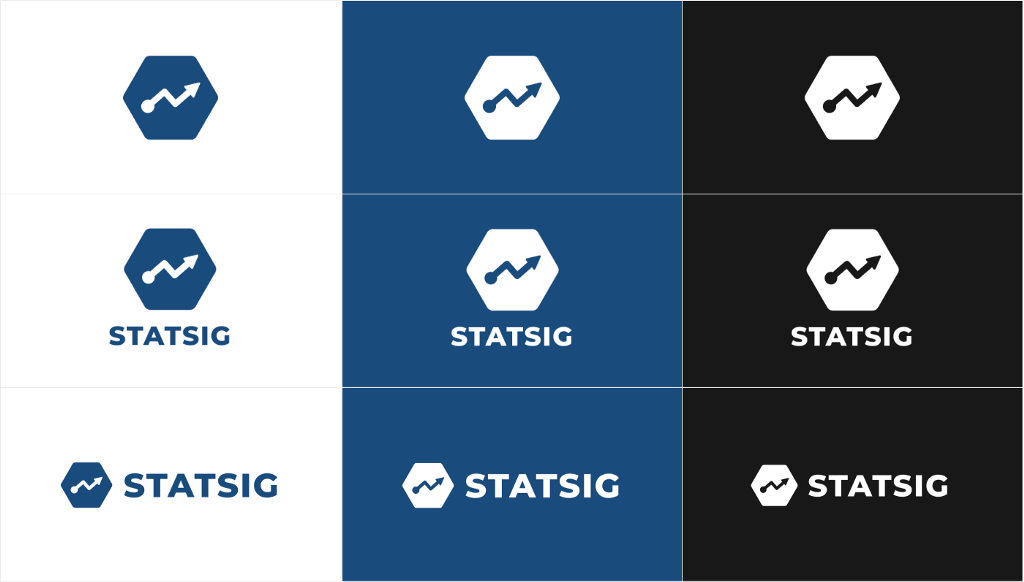
Here's the thing nobody wants to admit: OpenAI has been shipping ChatGPT updates like they're throwing darts blindfolded. They had no real way to tell if making ChatGPT "20% more helpful" actually made users happier or just pissed them off in new ways.
That's where Statsig comes in. They're the company that builds A/B testing platforms - the unglamorous but critical infrastructure that lets you figure out if your brilliant new feature actually sucks. Facebook uses them. Netflix uses them. Basically every company that's ever wondered "should the button be blue or green?" has either built this stuff in-house or bought it from companies like Statsig.
And OpenAI just paid around $1.1 billion for it. That's not pocket change - that's "holy shit we really need this" money.
Vijaye Raji spent years at Facebook and Microsoft making sure their products didn't randomly break for millions of users. Now she gets to do the same thing for ChatGPT, which serves over 700 million weekly active users who expect it to work every single time.
The timing makes sense when you look at what's happening in AI. Google's Gemini keeps getting better. Anthropic's Claude is eating OpenAI's lunch in certain tasks. Microsoft's Copilot is integrated into everything. Meta's open-source Llama models are competitive alternatives. xAI's Grok is getting integrated into Twitter. The "just ship it and see what happens" approach stops working when everyone else is shipping too, especially when OpenAI's making something like $12 billion but they're still burning roughly $8 billion annually. The AI competition is intensifying across multiple dimensions including performance benchmarks and cost efficiency.
What Statsig does is pretty simple: feature flags (turn stuff on/off without deploying code), A/B testing best practices (show version A to some users, version B to others), and analytics that actually matter. When you're dealing with AI responses that are different every time, figuring out what "better" means gets complicated fast.
![]()
The $1.1 billion price tag tells you everything about where OpenAI's priorities are. They could have built this internally, but that would take years. They could have used existing tools like LaunchDarkly or Optimizely alternatives, but those weren't built for AI workloads. Feature flagging for AI systems is particularly complex because AI models need different testing approaches than traditional software. Instead, they bought the team that already solved this problem for companies like Notion, Figma, and OpenSea. The acquisition strategy makes sense when you consider OpenAI's urgent need to optimize user experience at scale.
This is OpenAI growing up. Early OpenAI was a research lab that published papers and hoped for the best. Current OpenAI has to keep ChatGPT running for millions of users who don't give a shit about the latest transformer architecture - they just want their AI assistant to work.
The real question is whether this fixes OpenAI's bigger problem: they're burning cash faster than they can raise it, and every competitor is getting closer to matching ChatGPT's capabilities. Better A/B testing won't solve that, but it might help them figure out what users actually want instead of guessing.
